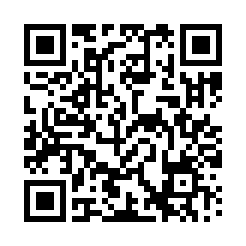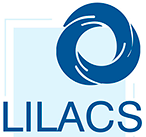Pilot study of a saline mouthwash as a diagnostic sample for SARS-CoV-2
DOI:
https://doi.org/10.19136/hs.a20n3.4297Abstract
Objective: To assess the feasibility of a saline mouth rinse (SMR) as a diagnostic tool for the detection of SARS-CoV-2 in outpatients.
Method: This was a prospective study carried out at the Hospital Regional de Alta Especialidad “Dr. Juan Graham Casasús”, 34 SMR/NPS (saline mouth rinse/nasopharyngeal swab) randomized paired samples were selected and collected in the outpatient clinic. The samples were analyzed by real-time reverse transcription polymerase chain reaction (RT-PCR) and the sensitivity and concordance between SMRs and NPS samples were calculated.
Results: Out of the 34 SMR/NPS paired samples, 11 samples were positive for SARS-CoV-2. Eight discrepancies were observed between the two types of samples (7 individuals were positive by NPS and 1 for SMR). We found 3 positive concordant results in the SMRs/NPD paired samples, the mean CT for each gene (RdRp, N, E) did not show a significant difference between the samples. The concordance observed between SMR and NPS was acceptable (kappa coefficient 0.31) with a sensitivity of 0.30 and 0.75 for the SMR and NPS samples, respectively.
Conclusions: The SMR sensitivity is not comparable with NPS sensitivity for SARS-CoV-2 detection, but our data suggest SMR as a non-invasive tool that allows self-collection, and it does not require health trained personnel for its collection. Also, this sample could be an alternative to the lack of swabs and/or viral transportation media. Additionally, SMR may be of benefit in remote and vulnerable populations, and/or to facilitate the screening of SARS CoV-2 in a large number of individuals.
Downloads
Downloads
Published
Issue
Section
License
Copyright (c) 2021 Horizonte Sanitario

This work is licensed under a Creative Commons Attribution-NonCommercial-ShareAlike 4.0 International License.





























